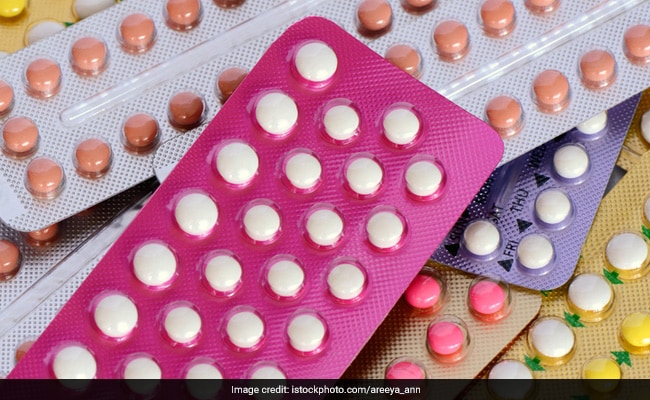Falsified and substandard medication are on the rise in low and mid-income countries like India. This may risk serious diseases in people, says a WHO report. Read the full report here.

One-tenth of the medicines sold in India are either substandard or fake, says WHO report
HIGHLIGHTS
- 1/10th of the medical products in low income countries are fake
- This may even lead to serious diseases or even death
- This can make the human body resistant to important life-saving medicines
A new report from the World Health Organization reveals that one-tenth of the medical products in circulation in the low and mid-income countries like India are either fake or substandard. The research report states that these products will not only fail to treat ailments, they may even lead to serious diseases or even death.
"Substandard and falsified medicines particularly affect the most vulnerable communities," says WHO Director-General, Tedros Adhanom Ghebreyesus.
The report specifically highlighted the year 2013 when the WHO received 1500 cases of substandard of falsified medical products. Of all these, antimalarial and antibiotics were the most commonly reported products.
42% of these reports came from the WHO African region, with 21% cases from the WHO region of America and 21% from the WHO European region.
"This is likely just a small fraction of the total problem and many cases may be going unreported. For example, only 8 per cent of reports of substandard or falsified products to WHO came from the WHO Western Pacific Region, 6 per cent from the WHO Eastern Mediterranean Region, and just 2 per cent from the WHO South-East Asia Region," the report explained.
It further explained that these substandard and fake products can lead to antimicrobial resistance in people. This can risk passing on of mutation infection when one travels abroad. If a person is resistant to these important bacteria and virus, treatment becomes impossible.
The report noted that antibiotics and antimicrobial medicines are manufactured in accordance with a prescribed dose which aims at destroying the disease causing pathogens. However, if the treatment dose contains very limited amount of the required amount, or if it is created so badly that the required bacteria and active ingredients are not released properly, then all it can do is destroy most of the pathogens and not all of them.
"The ones that survive will be the ones that have mutated enough to survive low doses of the medicine. Usually, they do not reproduce very quickly. But with all the more susceptible strains killed by the weak medicines, they have room to multiply and spread to more people," the report added.
The report says that there is clear evidence of the fact that resistance to the most important antimalarial medicine was first sighted in that part of the world where 38 to 90% of the artemisinin medicines were substandard and falsified.
The results of this report are a part of WHO Global Surveillance and Monitoring System for substandard and falsified medical products. This is the first time that WHO is publishing a report on fake and substandard products in low or mid-income countries.
Where doctors and health workers are wasting their time to try out alternative treatments for the same disease, there is need for them to look for better and quality version of the required treatment. A number of cases which have been described in this report, the worst ones have killed the patient due to improper treatment or due to a reaction from the medication.
"This really is a global problem. In the age of cheap air travel and mass population movements, people who develop resistant infections because of substandard or falsified medicines in one country can easily travel to another country and pass on the mutant infection," the report said.
It further added that once bacteria become resistant to medication, a full course treatment of the same will also be futile.
"So even if the medicines in the new host country are all perfect quality, they will not cure the disease," said the report.
These substandard and fake products are also harming the generic and innovative drug manufacturers. They suffer both financially and in terms of reputation when such ill-practices take place. They cause more damage to the society than one thinks of because it causes harm to the finances of every family and destroys their health as well.
It says that in the past four years, the WHO has received a number of complaints regarding false and substandard medication in all therapeutic categories, from cancer to contraceptive and from antibiotics to vaccinations.
The report further added that about 15 years ago, the global sale of medication came as high as US$ 500 billion for the very first time. Since then, the amount has doubled and come to US$ 1.1 trillion with the highest growth in mid-income countries.
DoctorNDTV is the one stop site for all your health needs providing the most credible health information, health news and tips with expert advice on healthy living, diet plans, informative videos etc. You can get the most relevant and accurate info you need about health problems like diabetes, cancer, pregnancy, HIV and AIDS, weight loss and many other lifestyle diseases. We have a panel of over 350 experts who help us develop content by giving their valuable inputs and bringing to us the latest in the world of healthcare.












